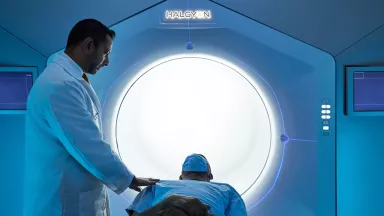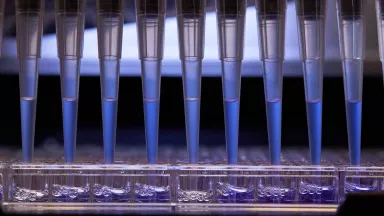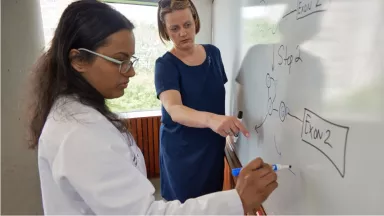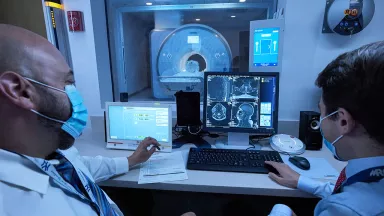Stomach Cancer Screening
Detecting cancer in its earliest stage offers the best chance of successful treatment. That’s why Montefiore Einstein Comprehensive Cancer Center is passionate about screenings for stomach cancer and many other cancer types at our NCI-designated Comprehensive Cancer Center.
We are committed to identifying cancer as early as possible, even before symptoms develop, so you can take steps to protect your health. Screening for these cancers is an important step in early identification.
At Montefiore Einstein Comprehensive Cancer Center, you can expect our compassionate and skilled healthcare providers to offer personalized screening in a supportive setting. And you’ll benefit from the latest, most advanced technology available to treat your cancer.
For more than 50 years, Montefiore Einstein Comprehensive Cancer Center has been a leader in the research, diagnosis and treatment of over 200 types of cancer. Turn to us for comprehensive cancer screening.

Cancer Clinical Trials
- Blood & Bone Marrow Cancers
- Brain, Spine & Central Nervous System Cancers
- Breast Cancer
- Childhood Cancers
- Endocrine System Cancers
- Gastrointestinal (GI) Cancers
- Genitourinary (GU) & Urologic Cancers
- Gynecologic Cancers
- Head & Neck Cancers
- Kaposi Sarcoma & AIDS-Related Cancers
- Lung & Chest Cancers
- Prostate Cancer
- Sarcomas
- Skin Cancer
As an NCI-designated comprehensive cancer center, Montefiore Einstein Comprehensive Cancer Center supports the mission and guidelines of the National Cancer Institute (NCI). The following information about types of cancer, prevention and treatments is provided by the NCI.
Stomach Cancer Screening
Screening is looking for cancer before a person has any symptoms. This can help detect cancer at an early stage. When abnormal tissue or cancer is found early, it may be easier to treat.
In the United States, there are no standard or routine screening tests to detect stomach cancer in people at average risk. Researchers are working to develop such tests. If a test reduces the number of deaths from stomach cancer, it may become a standard screening test.
Tests to screen for stomach cancer
Some people who have a higher risk of stomach cancer may benefit from screening with upper endoscopy, including:
- older people with chronic gastric atrophy or pernicious anemia
- people who have had
- partial gastrectomy
- a family history of stomach cancer
- people who have certain genetic syndromes
- people from countries where stomach cancer is more common
Learn more about risk factors for stomach cancer.
Upper endoscopy
Upper endoscopy is a procedure to look inside the esophagus, stomach, and duodenum (first part of the small intestine) to check for abnormal areas. An endoscope is passed through the mouth and down the throat into the esophagus. An endoscope is a thin, tube-like instrument with a light and a lens for viewing. It may also have a tool to remove tissue, which is checked under a microscope for signs of disease
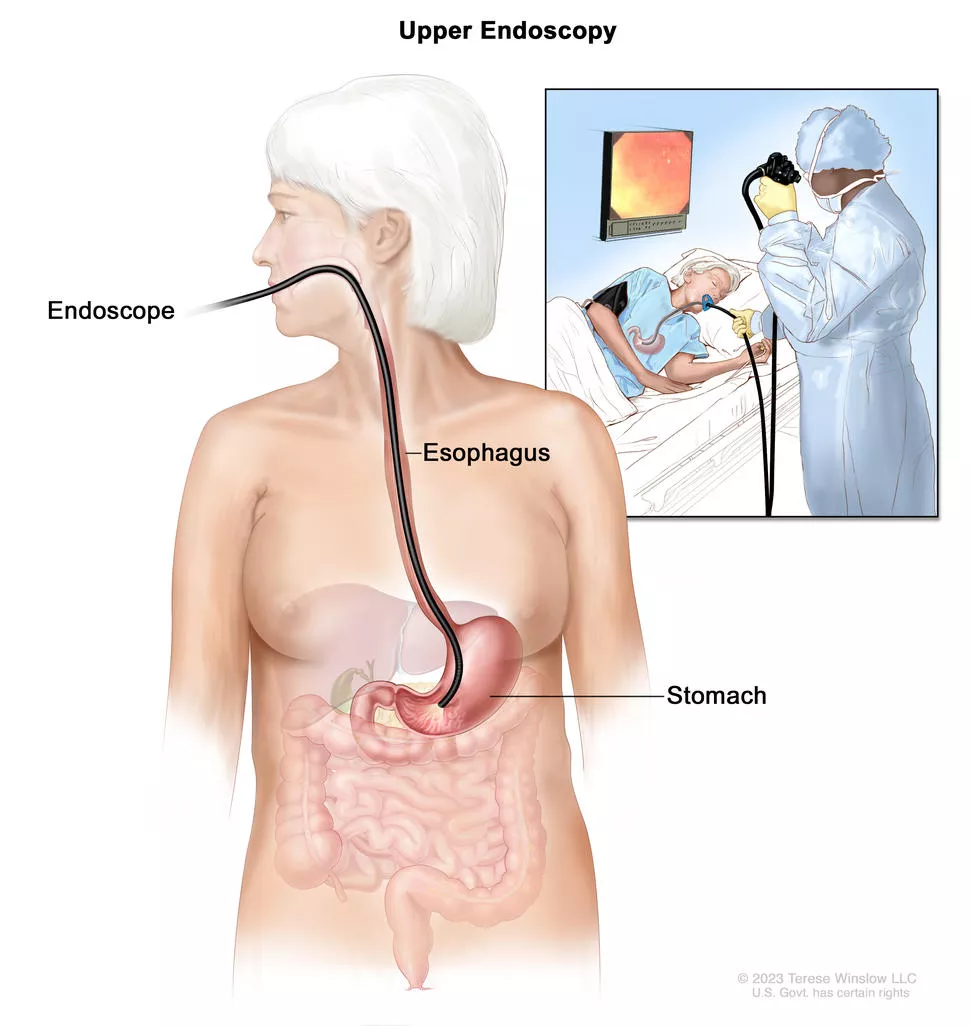
Upper endoscopy. A thin, lighted tube called an endoscope is inserted through the mouth and down the throat to check for abnormal areas in the esophagus, stomach, and first part of the small intestine.
Credit: © Terese Winslow
Risks of stomach cancer screening
Talk with your doctor about whether stomach cancer screening is right for you.
Potential risks of stomach cancer screening include:
- False-negative test results. Screening test results may appear to be normal even though stomach cancer is present. A person who receives a false-negative test result (one that shows there is no cancer when there really is) may delay seeking medical care even if there are symptoms.
- False-positive test results. Screening test results may appear to be abnormal even though no cancer is present. A false-positive test result (one that shows there is cancer when there really isn't) can cause anxiety and is usually followed by more tests and procedures which also have risks.
- Risks of the screening test itself. Upper endoscopy may cause the following rare, but serious, complications:
- a small hole (puncture) in the esophagus or stomach
- heart problems
- breathing problems
- lung infection from inhaling food, fluid, or stomach acid into the lung
- severe bleeding that needs to be treated at a hospital
- reactions to medicine used during the procedure
- Updated: May 31, 2023


